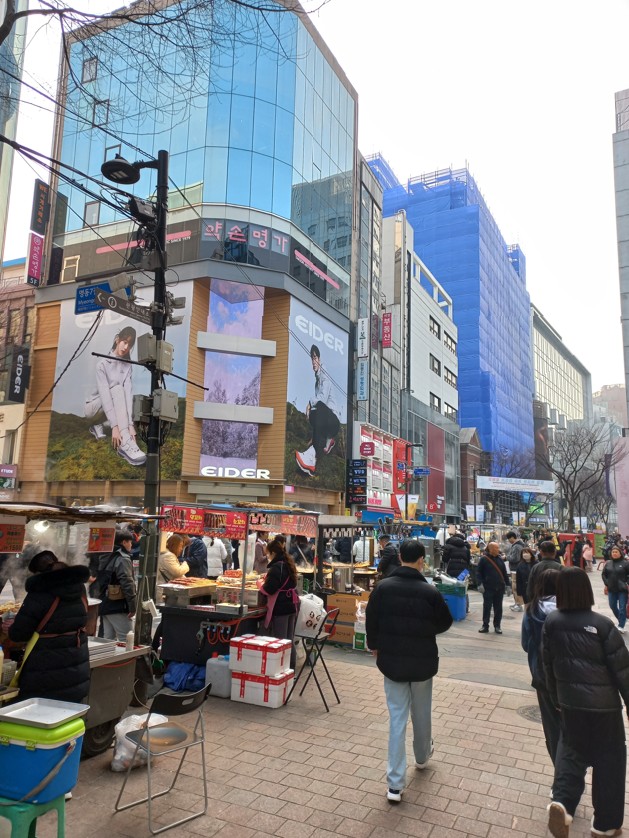 How much tax do you pay when you buy things in Korea?
How much tax do you pay when you buy things in Korea?
How much tax do you pay when you buy things in Korea?
Korea is famous for its bustling markets, shopping areas, and unique products that attract both locals and tourists. However, before making a purchase, it is important to understand the meaning of taxes on products in Korea. Whether you are planning to shop or just curious about the tax rates, this article will give you all the information you need.
Tax rates in South Korea.
There are two main types of taxes that can be applied to goods purchased in Korea: VAT and customs duties. VAT is similar to sales tax and applies to most goods and services, regardless of imported or domestic products. Currently, the standard VAT rate in Korea is 10 percent. However, VAT rates may be reduced by 5 percent on some goods.
Tariffs, on the other hand, are only levied on imported goods. They are calculated based on the tariff value of goods, which includes costs, insurance, and freight rates and other applicable charges related to imports. The rates of tariffs vary depending on the type of goods and can range from 0% to more than 400%. Korea has signed free trade agreements with several countries to reduce or eliminate tariffs on certain products, so tariffs may not apply to all goods.
Exceptions and discounts.
The standard VAT rate is 10 percent, but Korea offers several exceptions and discounts that can reduce the tax burden on certain products and individuals. For example, purchases of books, newspapers, and magazines are subject to a lower VAT rate of 5 percent. Also, certain essential items, such as food, medicine, and educational services, are exempt from VAT and are therefore not taxed.
Tourists who visit Korea can also receive tax refunds on eligible purchases. To receive a tax refund, tourists must spend a minimum amount at the designated tax refund store and receive a tax refund receipt. This receipt can then be presented at the airport or at the departure port’s refund counter to receive a VAT refund paid on the product.
Conclusion.
Understanding the tax rates on goods in Korea is essential for both locals and tourists planning to purchase. A 10% VAT rate, along with tariffs on imported goods, can have a significant impact on the overall cost of the item. However, exceptions, discounts, and tax refunds are available, which can minimize the tax burden to some extent. It is always a good idea to research certain tax rates and regulations before purchasing or receiving a tax refund. So, be aware of your taxes and make the most of your shopping experience in Korea, whether you are navigating local markets or shopping in luxury stores.